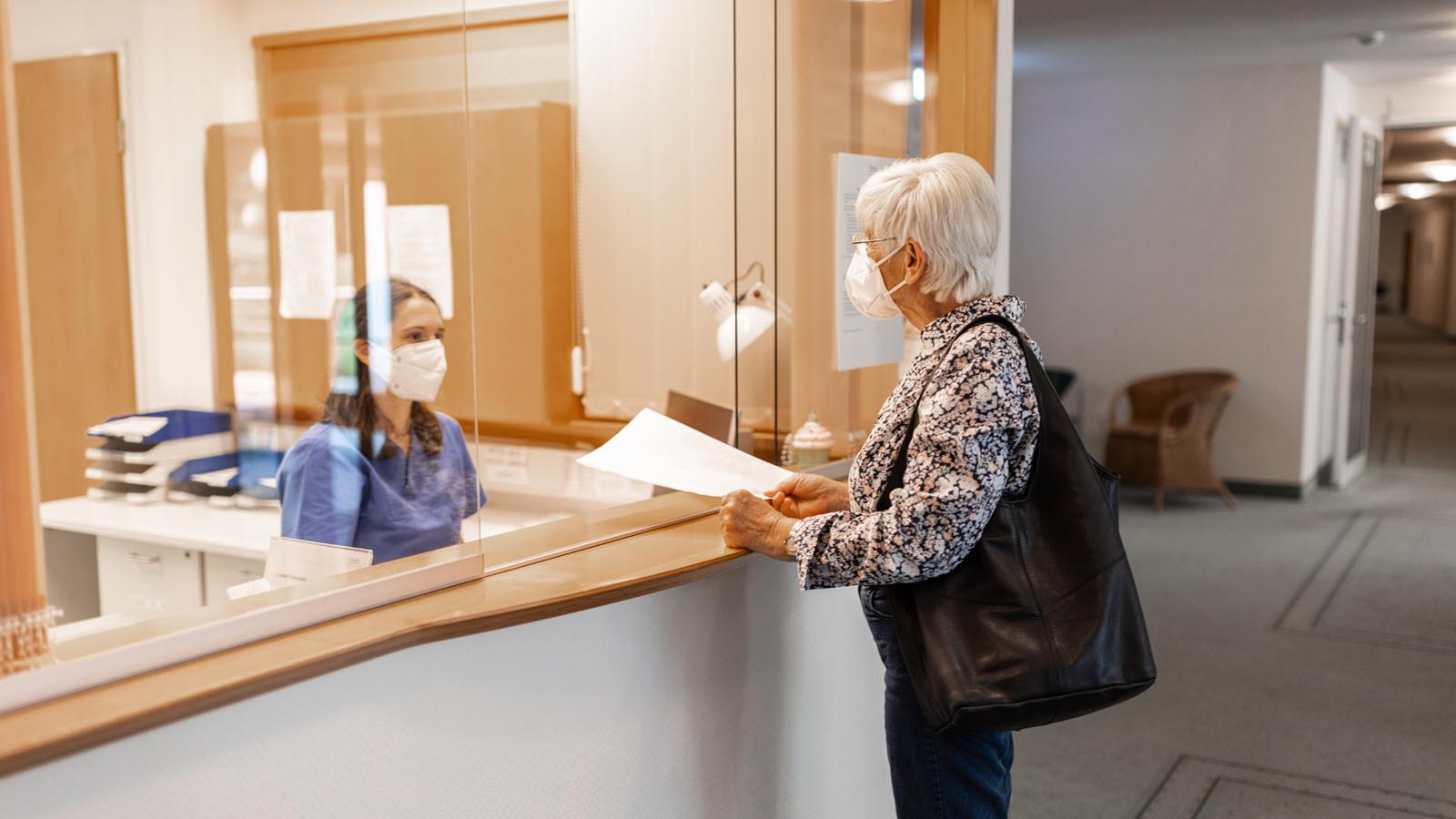The questions about COVID-19 just keep coming for Dr. Elizabeth Younger, of Johns Hopkins, who oversees the care of 500 patients who have antibody deficiencies and a variety of immunodeficiencies. They want to know:
Can I leave the house?
How many vaccines do I need?
Which information can I trust?
Patients are relying on CNN, NBC, the New York Times, their primary care provider, their specialty care provider and research studies – and it’s tough to extract the information they need to make good decisions, Younger said.
“The information is many, many times contradictory,” Younger said during a virtual session at the 2022 Primary Immunodeficiency (PI) Conference, hosted by the Immune Deficiency Foundation (IDF). “And people are not sure what they should be doing, what they should not be doing.”
Is COVID-19 more dangerous for patients with compromised immune systems? Absolutely, said Younger, who is an Assistant Professor at the Johns Hopkins School of Medicine. But both she and fellow expert, Dr. Adi Gundlapalli, agreed that patients are better served by an individual risk assessment that their doctor can provide. With 300 different primary immune deficiency diseases, individual risk may vary, said Gundlapalli, who is Chief Public Health Informatics Officer at the Centers for Disease Control and Prevention (CDC).
“Your government cannot and is not able to provide a guidance for every single individual in the country, right? Because they are unique,” Gundlapalli said.
Younger said the important thing to understand is context – context of a patient’s condition, their life and other presentations or comorbidities they may have.
“Everyone’s not the same and the same answer doesn’t work for everyone. That’s the biggest problem I think for our patient population,” Younger said. “The word ‘immunocompromised’ is not a synonym for immunodeficient, is not a synonym for immunosuppressed. Anybody can have a compromised immune system. It’s how that system is compromised that’s going to affect the answers that you get.”
When patients see a news story or a new study, the experts recommend having a conversation with their health care team. The latest wrinkle may – or may not – apply to their unique situation, Younger said. Among her patients, one died from COVID-19 and fewer than 10 patients were hospitalized, she said. And of those hospitalized patients, all had a comorbidity. Six had a cancer diagnosis.
Her experience shows that most patients won’t encounter the worst-case scenario, Younger said, but they should get personalized advice from their doctor to make the best choices.



